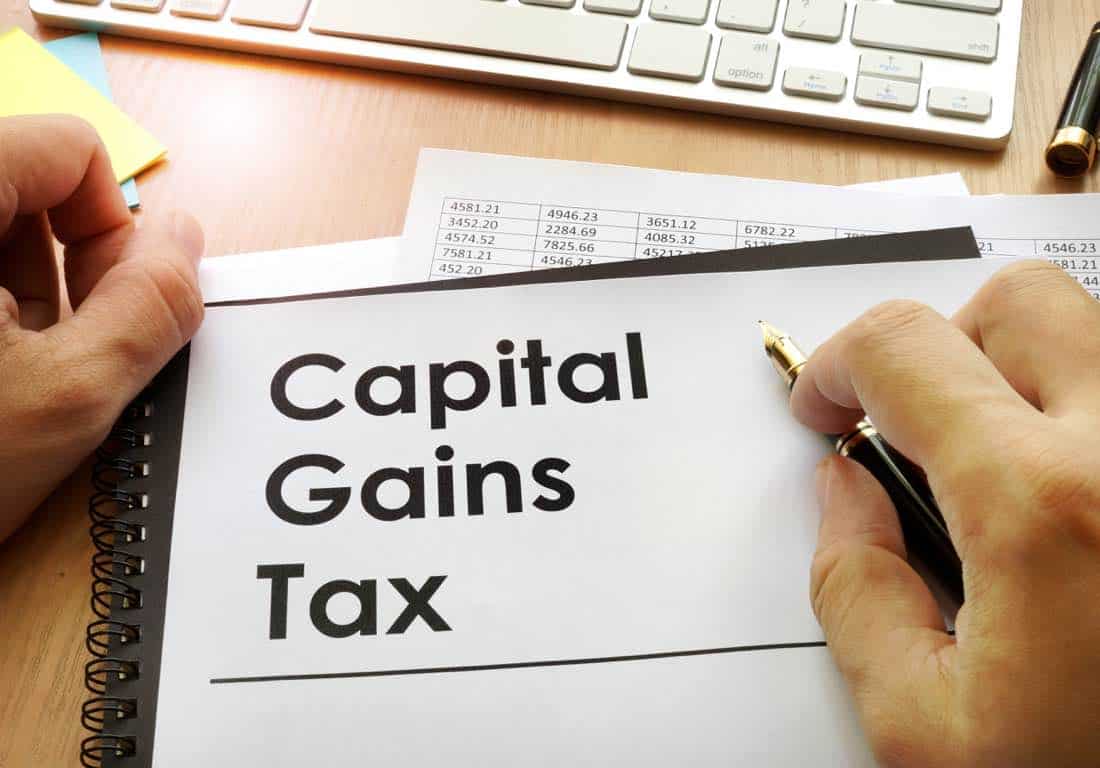
Investing in properties has long been a popular avenue for wealth creation in Australia. But it also brings with it the need to navigate the complexities of Capital Gains Tax (CGT). Whether you’re a seasoned investor or just starting your journey, understanding the nuances of CGT is crucial for optimising your financial outcomes. This blog offers valuable insights on the key aspects of ‘capital gains tax on investment property,’ providing actionable tips for maximising your returns.
Table of Contents
What is Capital Gains Tax?
At its core, CGT is the levy imposed on the profits realised from the sale of some assets. The taxable amount is the capital gain, determined by subtracting the property’s assessable cost base from its sale price.
Let’s break down the Capital Gains Tax (CGT) calculation with a simple example:
- Imagine you bought a property,inclusive of capital expenses like stamp duty for $600,000 and sold it for $800,000, after holding it for 15 months.You’ve made a great investment!
- Capital Gain: $800,000 – $600,000 = $200,000.
- Now, assuming you’re in the 32.5% tax bracket and held the property for more than 12 months, your CGT liability would be 50% of your gain multiplied by your tax rate: CGT Liability: $200,000 * 50% * 32.5% = $32,500.
- This means you would owe $32,500 in taxes on the capital gain from the property sale.
Maximising Returns: Strategies for Property Investors
Timing the Sale:
Understanding the importance of the 50% CGT discount is key. Holding onto your investment for more than 12 months qualifies you for this discount, allowing you to pay tax on only half of your capital gain. However, navigating market trends and economic indicators that should also be considered to help you determine the optimal time to sell can be complex. Partnering with an experienced financial planner, that understands property and can relate your decision to your broader financial plan will help you weigh up your options.
Principal Residence Exemption:
The Principal Residence Exemption stands out as a powerful concession for property investors in Australia. This exemption offers a significant advantage, particularly for those whose property has functioned as their main residence. When the property qualifies under this exemption, you can exclude the entire capital gain from the Capital Gains Tax (CGT) calculation, resulting in a substantial reduction in your overall tax liability. But remember, it’s not always straightforward and you must satisfy eligibility requirements. Connecting with a professional financial advisor is a smart move, as your own home is an important part of your broader financial plan. Depending on your stage of a life, a financial planner will help you navigate upsizing, downsizing, or investing in property.
Factoring in Transaction Costs:
Transaction costs aren’t just about the sale. When you initially purchased the property, there were likely additional expenses, such as stamp duty, legal fees, and potentially agent fees. These costs can be deducted from your capital gain.
And on the flip side, when selling, consider agent commissions, legal fees, and any other associated costs. Further, if you made improvements to the property during your ownership, these expenses, can usually be added to the purchase price, reducing your capital gain and, consequently, your CGT liability.
Utilising CGT Small Business Concessions:
Small business owners venturing into property investments can benefit from the Small Business CGT Concessions. There are four main categories, each with its own eligibility criteria: the small business 15-year exemption, small business 50% active asset reduction, small business retirement exemption, and small business roll-over.These concessions offer additional relief, potentially minimising the tax impact on your capital gains. But, for the nitty-gritty, it’s wise to get advice from financial experts, as they can tailor recommendations to your specific situation. At Yield we specialise in financial planning for business owners, and we are always conscious of the opportunities small business exemptions for our clients’ financial plans. There are several strategies to consider.
How Yield Financial Planning Can Help You?
Dealing with Capital Gains Tax (CGT) can be quite intricate, especially considering it’s various aspects and the unique nature of each individual’s financial situation. That’s where personalised guidance from expert financial advisors becomes invaluable. Here at Yield Financial Planning, our team has a wealth of experience in navigating various client scenarios and staying abreast of the dynamic tax landscape. We’re here not just to offer advice but to walk alongside you through your financial journey, crafting financial solutions tailored to your specific goals. And once we consider your personal situation, the opportunities to reduce capital gains tax are much broader than what is covered here, so why not give Yield a call?